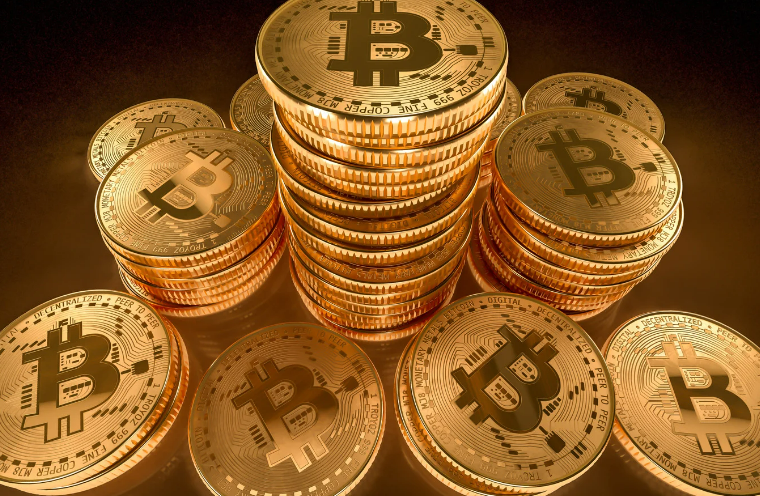As the gaming landscape continues to evolve, developers and consumers alike are looking for new ways to enhance their gaming experience. One potentially revolutionary tool at the forefront of this shift is blockchain technology, specifically cryptocurrency such as Bitcoin. With its promise of security, anonymity and ease of use, Bitcoin is being embraced by a growing number of players and game developers. For gamers accustomed to the virtual currencies that have long been a staple of online gaming, Bitcoin and other cryptocurrencies are a logical next step.
For those not familiar with the concept, Bitcoin is a type of digital or virtual currency that uses cryptography for security. It was the first cryptocurrency to achieve widespread use and remains the most valuable in largest in market capitalization. Where it particularly shines, however, is in online transactions. Bitcoin payments can be sent or received anywhere worldwide, giving users full control over their money. They also typically provide lower fees than traditional online payment mechanisms and are not accompanied by the same personal information requirements, ensuring a greater degree of privacy.
These advantages make Bitcoin an attractive option for online gaming. With an estimated 2.7 billion gamers worldwide as of 2020, the online gaming market is a significant sector many believe is ripe for Bitcoin integration. One particularly promising avenue for Bitcoin in the gaming world is in in-game purchases and microtransactions. As any serious gamer knows, in-game purchases can greatly enhance the gaming experience, allowing players to personalize their adventures, gain competitive edges, and discover new content. However, these transactions can be complicated by various factors, such as ambiguity in value, restrictive payment protocols, and security concerns.
In-game purchases are often facilitated through in-game currency. Yet, these currencies can differ greatly in actual value, making it challenging for players to realize what they’re actually spending. Microtransactions are another area where traditional payment methods can be cumbersome. Often, players who wish to make in-game purchases must first deposit a minimum amount into their gaming account, potentially leading to a surplus of unused credits. With Bitcoin, players can bypass these hassles and execute transactions with more freedom.

In terms of security, despite the digital nature of in-game currencies and Bitcoin, there are significant differences. Traditional game currencies are held within the gaming company’s servers and can be susceptible to hacks and other security breaches. If a game company’s server is compromised, players’ personal information and in-game wealth could be at risk. With Bitcoin, this is not a concern. Due to its decentralized nature, Bitcoin transactions can give players a level of security that traditional online payment methods can’t.
That being said, the integration of Bitcoin is not without hurdles. Given its volatility, the value of the Bitcoin a player earns today might be significantly different tomorrow. It could also potentially lead to a new wave of gambling addiction, with players chasing the thrill of not just in-game success, but of monetary gain too.
Analyzing the online gaming industry and cryptocurrency, an expert from Bitcoincasino.us offered some insight. “While the integration of Bitcoin in the gaming industry may carry potential risks, it also offers opportunities, both for players and for game developers. For players, Bitcoin can streamline the experience of in-game transactions and potentially offer a more secure payment method. For developers, it can open new avenues for game design. For instance, with Bitcoin integration, a game could more fully embrace the ‘play to earn’ model, where players can actually earn real-world value from their in-game achievements”, they said. You can check out bitcoincasino.us gaming experience to understand blockchain implementation in gaming.

The potential benefits and challenges presented by Bitcoin integration into the gaming industry are still being explored. From in-game transactions to the evolution of gaming platforms, there’s no question that Bitcoin and cryptocurrencies more generally could significantly shake up the gaming world in the years to come.
As the world of gaming continues to evolve and interact with emerging technologies like Bitcoin, it’s clear that players, developers, and enthusiasts alike will have much to watch. Only time will tell exactly how these changes will unfold and exactly what impact Bitcoin will have on the gaming industry at large. One thing is for certain, however – gaming and Bitcoin are two powerful forces in the digital world, and their intersection promises to be an exciting space to watch.

